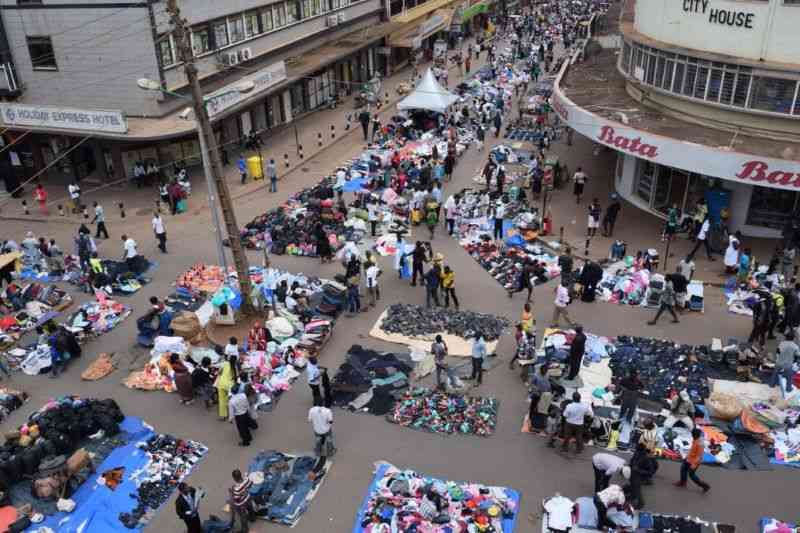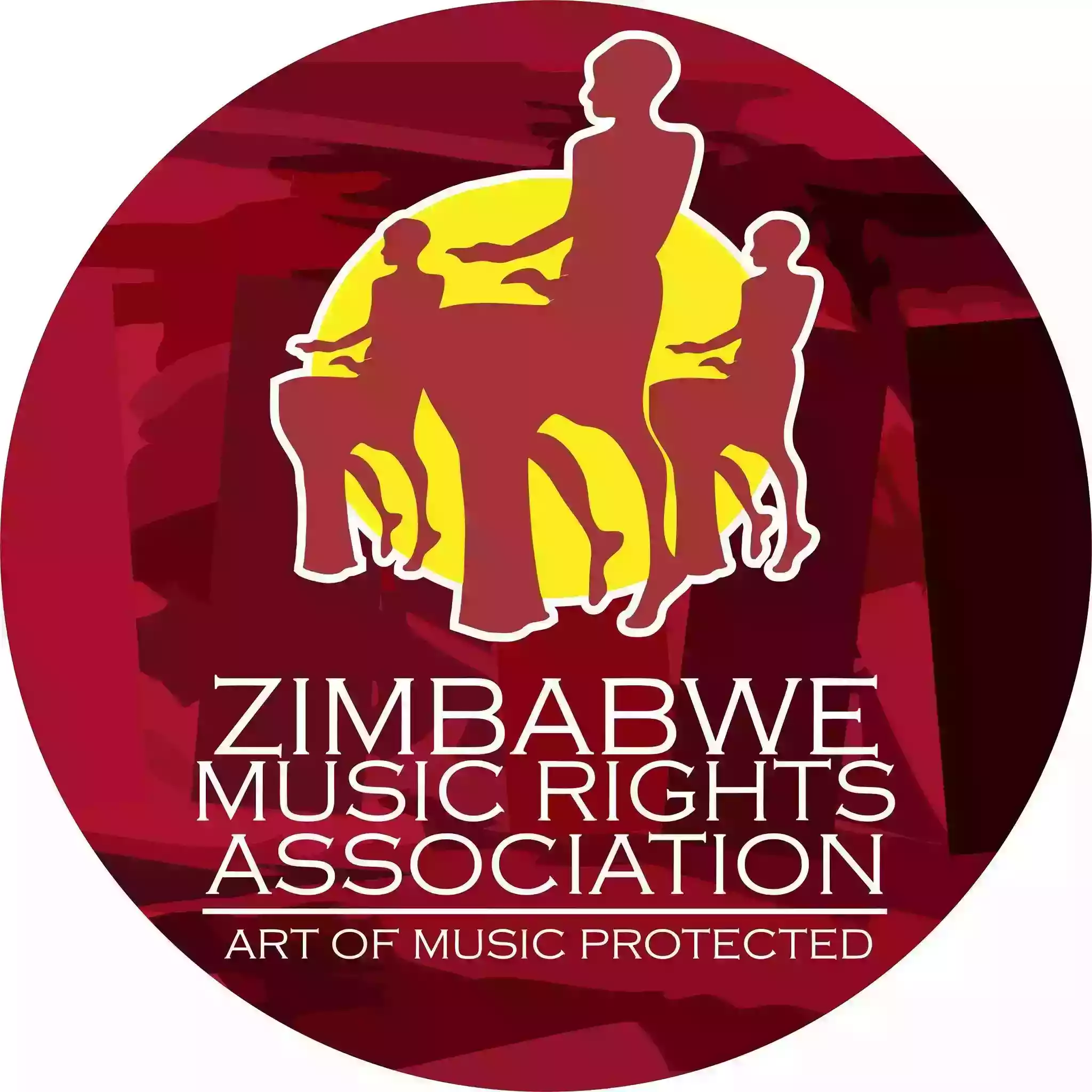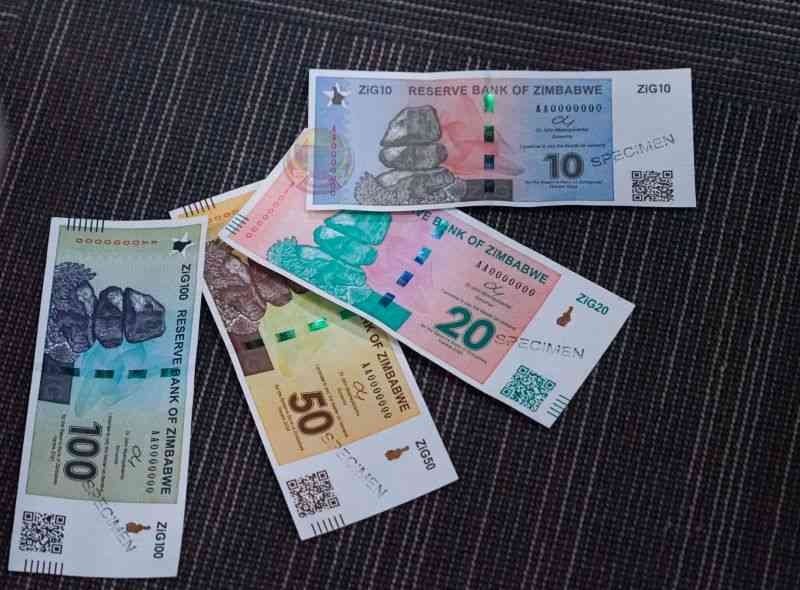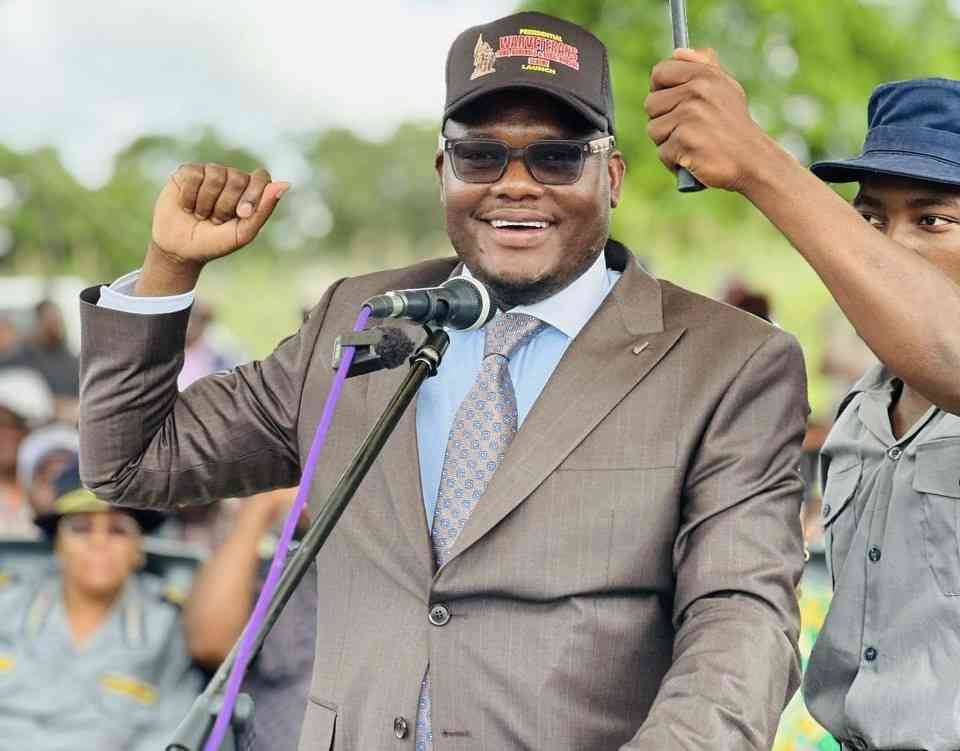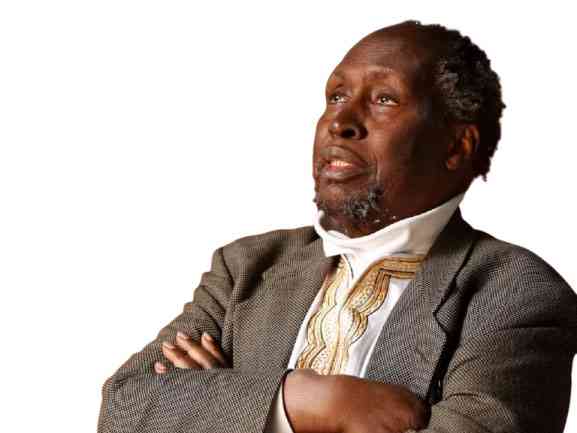
In a world increasingly obsessed with globalisation and homogenisation, the question of what it means to be African remains both urgent and profound.
Being African is not merely about birth place or race it is an existential, spiritual and aesthetic condition. It is an art — dynamic, layered and constantly unfolding.
To be African is to exist in rhythm with a constellation of memory, resistance, philosophy and creativity.
Africa is often reduced to culture drumming, dance, dress, language, and traditional rituals. While these elements form vital components of African identity do not exhaust being African.
The art of being African is not fixed in the traditionalist paradigm; it is a continuous negotiation with time, space and global interaction.
Achille Mbembe, in his powerful text on the post colony argues that African identity is not a product of some unchanging essence, but is rather formed in tension with history and power.
To Mbembe, Africanism cannot be frozen in a museum-like ideal of tradition; it must account for the scars of colonialism, the contradictions of modernity and the complex ways in which Africans speak back to imposed structures.
Similarly, the late Ngûgî wa Thiong'o , in Decolonising the Mind (1986), asserted that the reclaiming of African identity must go beyond mere nostalgia for precolonial times.
It must involve a radical reclamation of language, memory, and thought.
The art of being African, for Ngûgî, was deeply tied to the linguistic and literary liberation of African people—thinking and dreaming in indigenous tongues, not merely speaking them.
The African self is not just a cultural identity it is an aesthetic experience.
Traditional African art, music, architecture, and spiritual systems all embody ubuntu the idea that one's humanity is tied to the humanity of others.
But ubuntu is not only a social ethic; it is a philosophical compass, an artistic thread that binds the spiritual to the material, the self to the community.
The Nigerian philosopher Sophie Oluwole, often considered a pioneer of African logic and philosophy, rejected the idea that African knowledge systems were inferior to Western rationalism. Her reinterpretation of the Yoruba sage Orunmila positioned African thought as deeply systematic and symbolic, though not always written.
The art of being African, in her view, was about valuing indigenous epistemologies as systems of knowledge, ethics, and aesthetics capable of guiding contemporary life.
Molefi Kete Asante, father of Afrocentricity, argues that to be African is to centre African agency in all spheres of life.
His theory of Afrocentricity challenges the Eurocentric distortions that define African people from the outside.
Being African, then, is a political and intellectual stance—it is about claiming the right to define oneself through one’s own historical lens, cosmology, and cultural logic.
To speak of Africanism as art is to understand it as practice—not performance. Africanism is not simply about dancing in traditional attire on special days or memorising proverbs.
It is about living in harmony with ancestral rhythms while confronting contemporary realities. It is about blending wisdom and resilience to create life-affirming strategies in a world often hostile to Blackness and Africaness.
Zimbabwean philosopher Stanlake Samkange, in developing the concept of hunhu/ubuntu, offers a distinctly ethical and relational model of being African.
He argued that African humanism was grounded in an everyday morality that privileged the community over individualism, and respect over competition.
This African value system, when sincerely lived, resists the excesses of capitalist modernity and fosters solidarity.
But Africanism is also artistic.
It thrives in the resistance songs of Fela Kuti, the Afrofuturist dreams of Sun Ra and Nnedi Okorafor, and the revolutionary poetry of Micere Mugo and Amiri Baraka.
These are not merely expressions of Africanness - they are assertions of an African worldview that honours struggle, beauty, and transcendence.
One of the greatest challenges to Africanism today is mimicry; the imitation of Western forms without critical adaptation.
As Frantz Fanon warned in Black Skin, White Masks, colonialism not only plundered African lands, but also corrupted African consciousness. Africans were taught to despise their languages, bodies, and philosophies.
This crisis is evident in contemporary African politics, education systems, and even religion, where foreign models dominate without sensitivity to African realities.
The art of being African demands resistance to this epistemic colonisation. It insists on cultural sovereignty not to romanticise the past, but to reimagine African futures rooted in African values.
Decolonial thinkers like Walter Mignolo and Sabelo Ndlovu-Gatsheni argue for epistemic disobedience a turning away from Euro-American paradigms and toward pluriversality, where African ways of knowing coexist and interact as equals in the global epistemic space.
Being African is not a biological or geographic state. It is a spiritual, intellectual, and cultural praxis. It is the refusal to be erased, and the insistence on defining one’s existence through one's own stories, philosophies, and aesthetics. It is a deeply artistic act creating beauty, order, meaning and resistance out of struggle.
The art of being African is thus a lived decolonial project. It is not a retreat into tradition, but an engagement with heritage as a resource for present and future transformation.
It challenges Africans to return to themselves not to imitate the past, but to recover the wisdom that allows for self-definition in a world that still tries to define them.
To be African, in the truest sense, is to be a custodian of memory, a creator of knowledge, and an artist of being.
nRaymond Millagre Langa is musician, poet, orator, independent researcher and founder of Indebo edutainment Trust. You can follow on Facebook @Millagre Ray Langa, on X you can follow on #Millagre Langa, email. [email protected] or [email protected]

